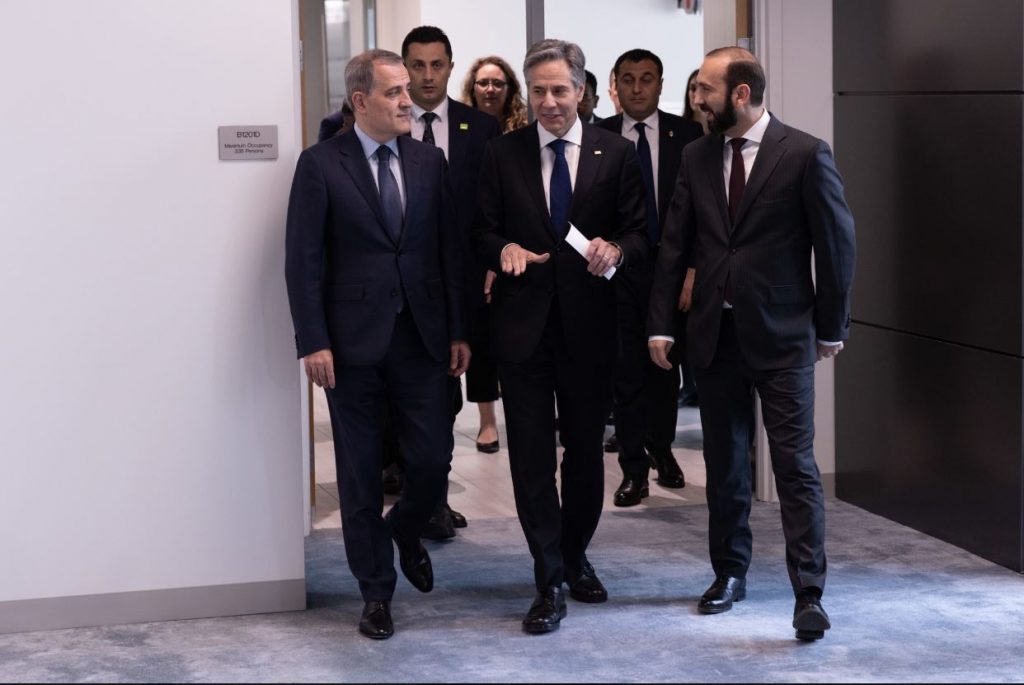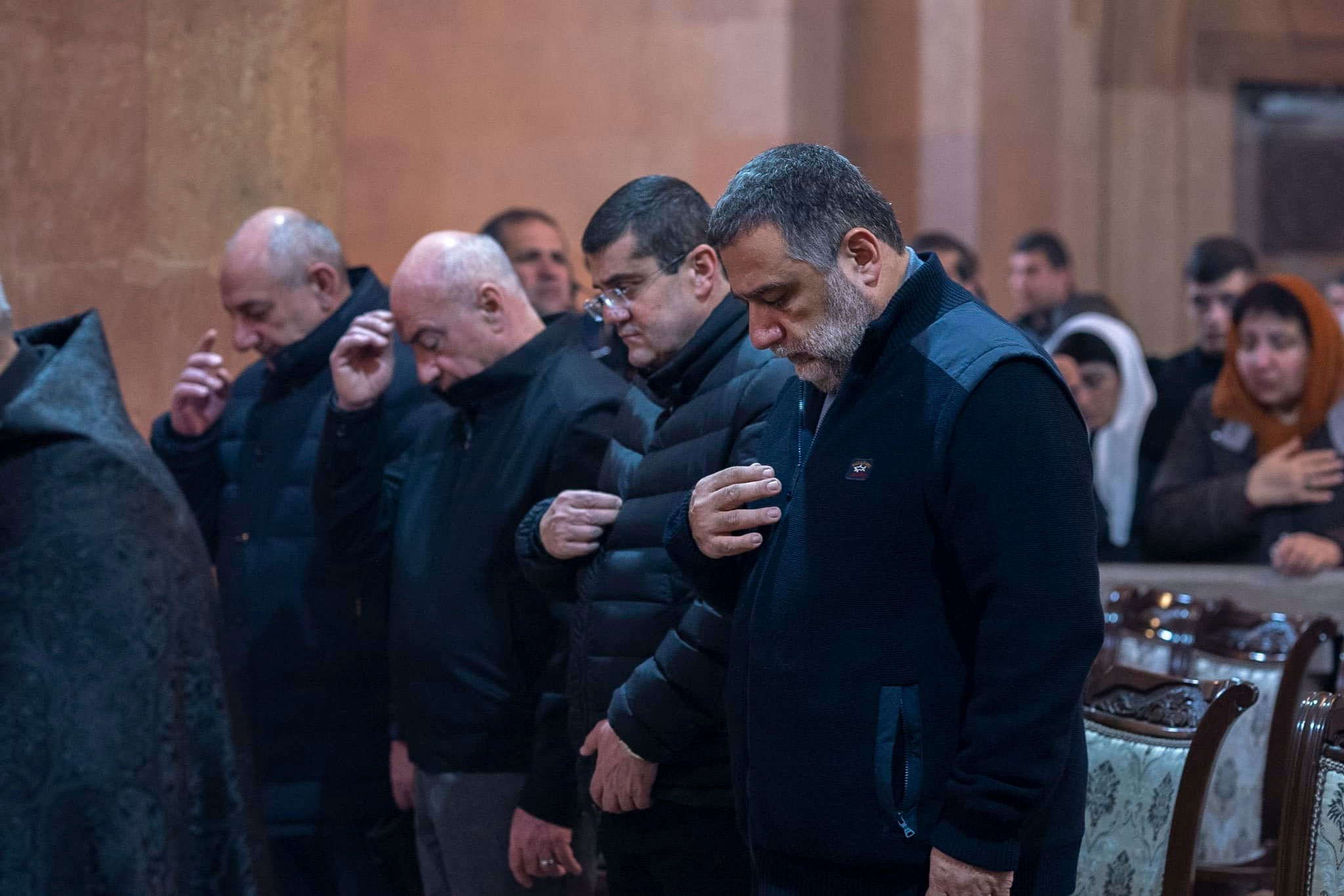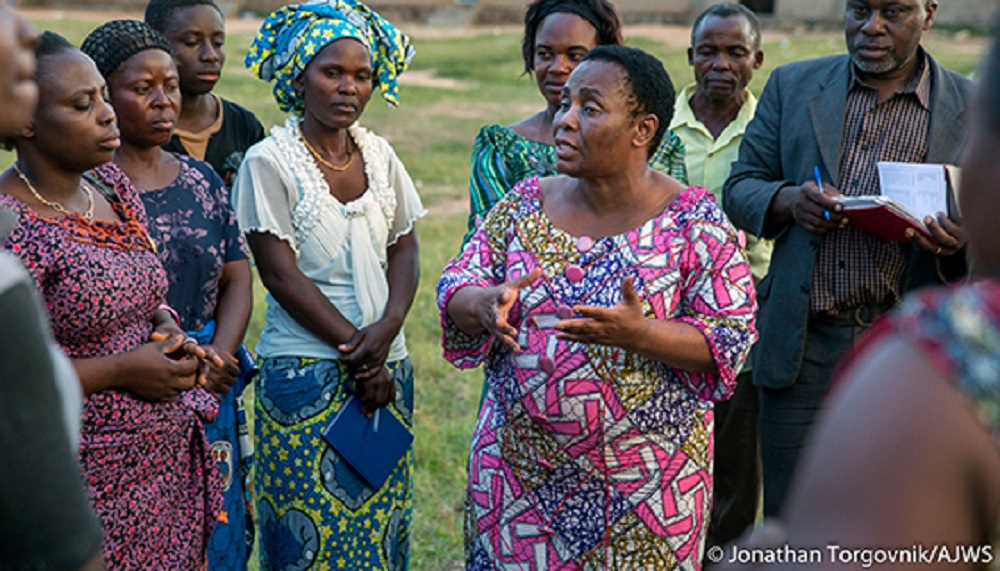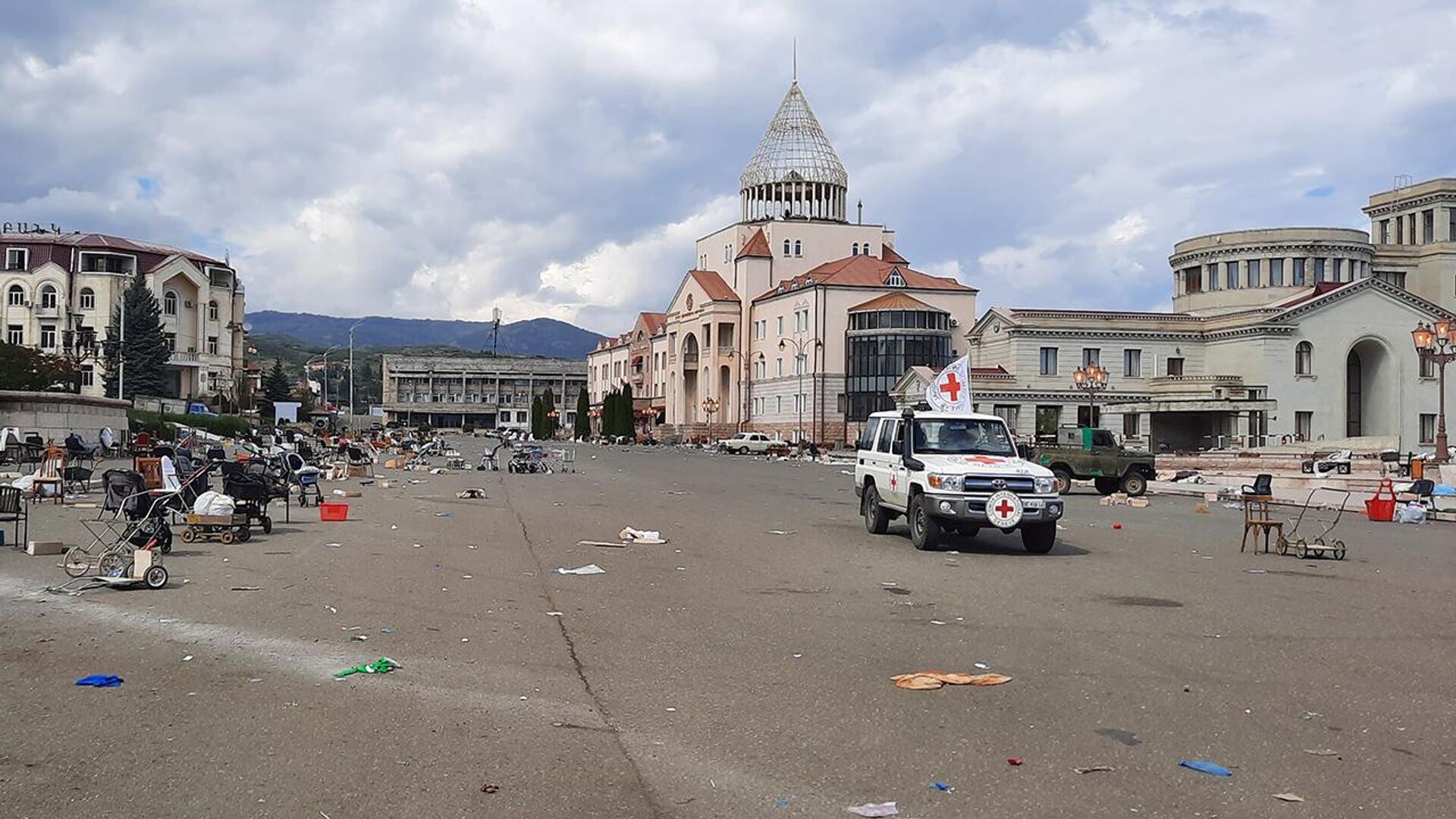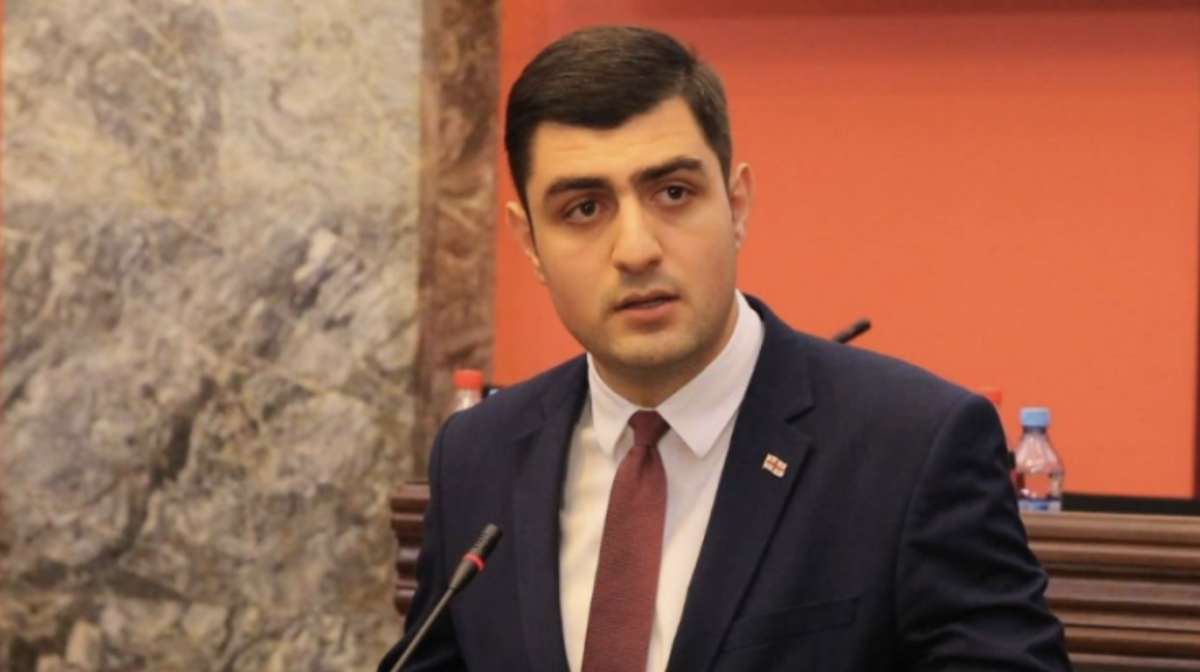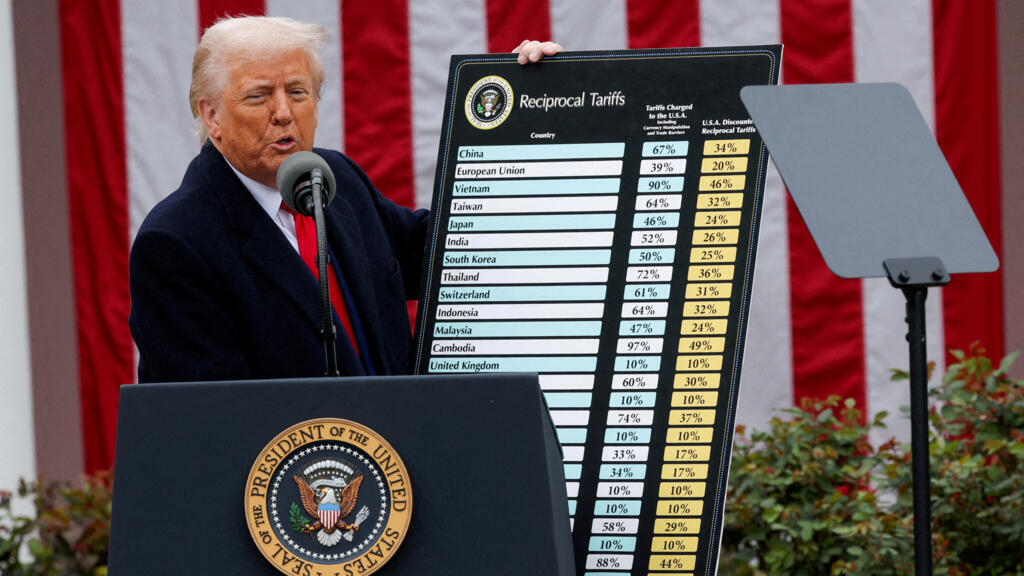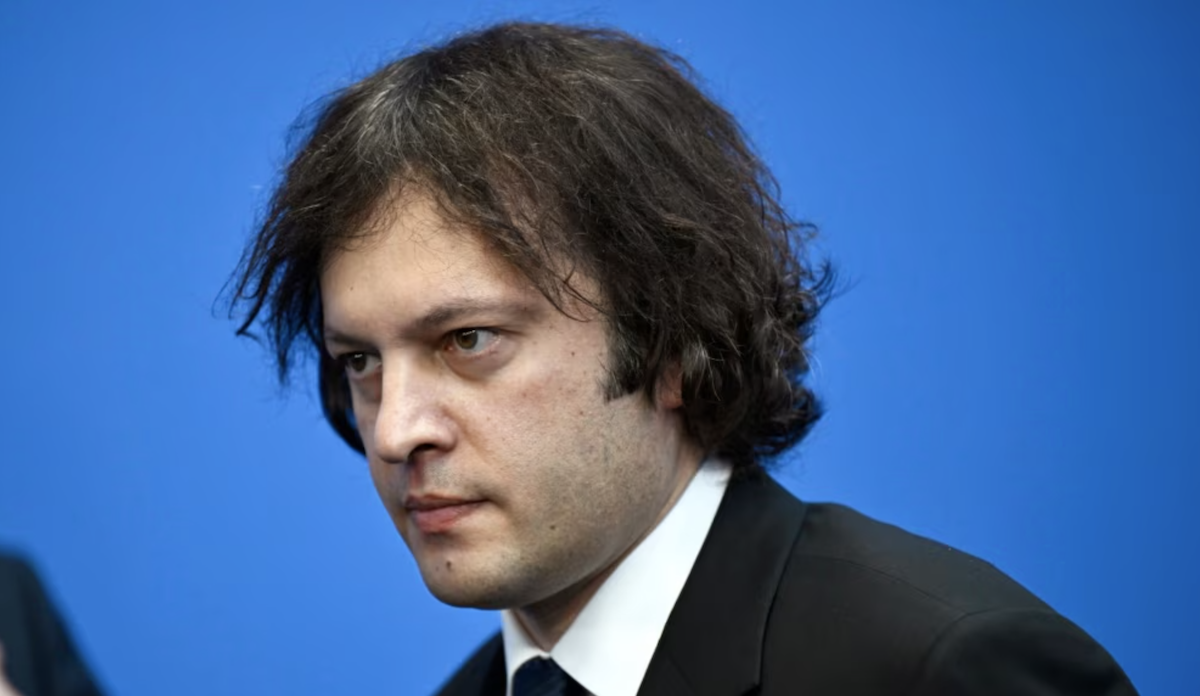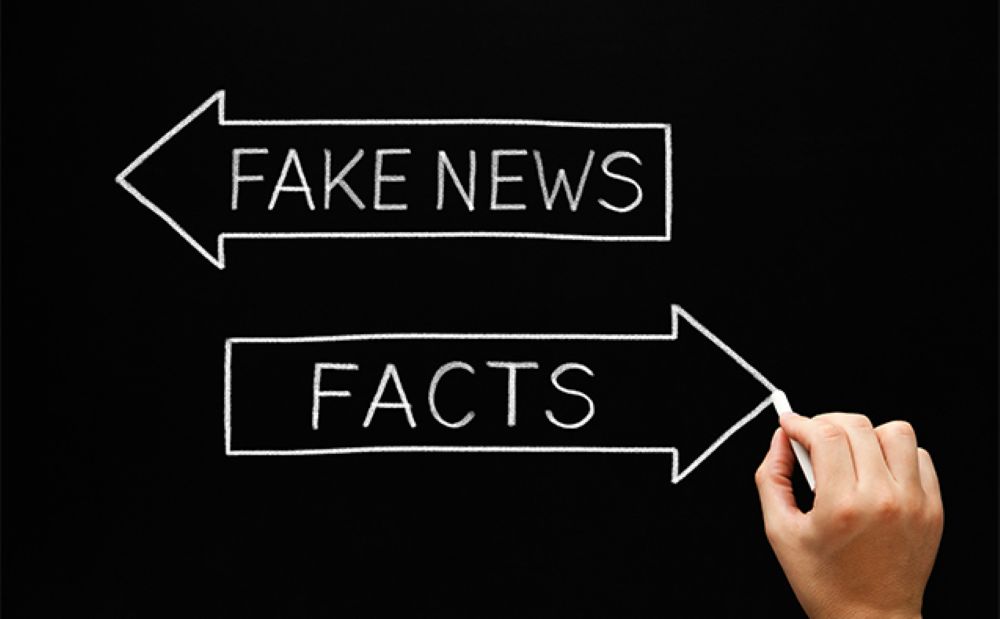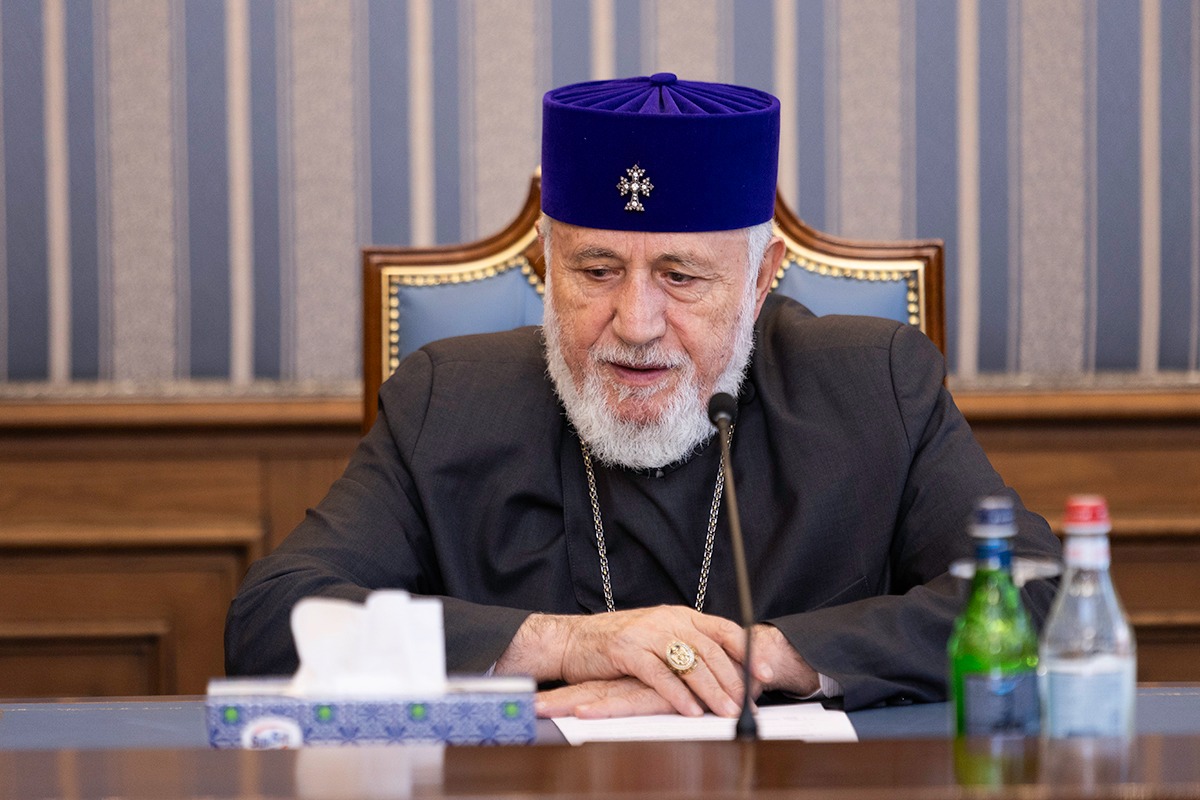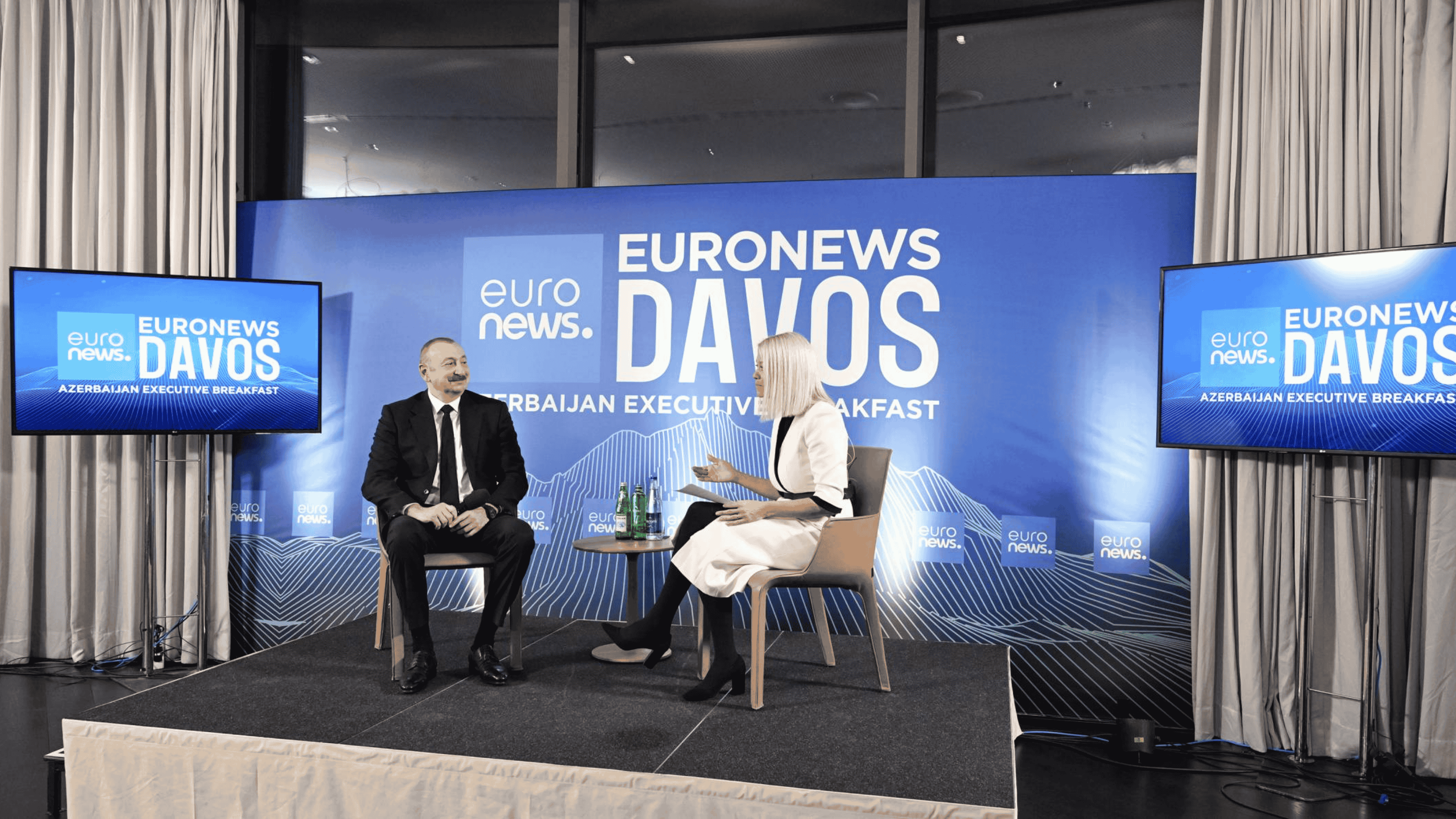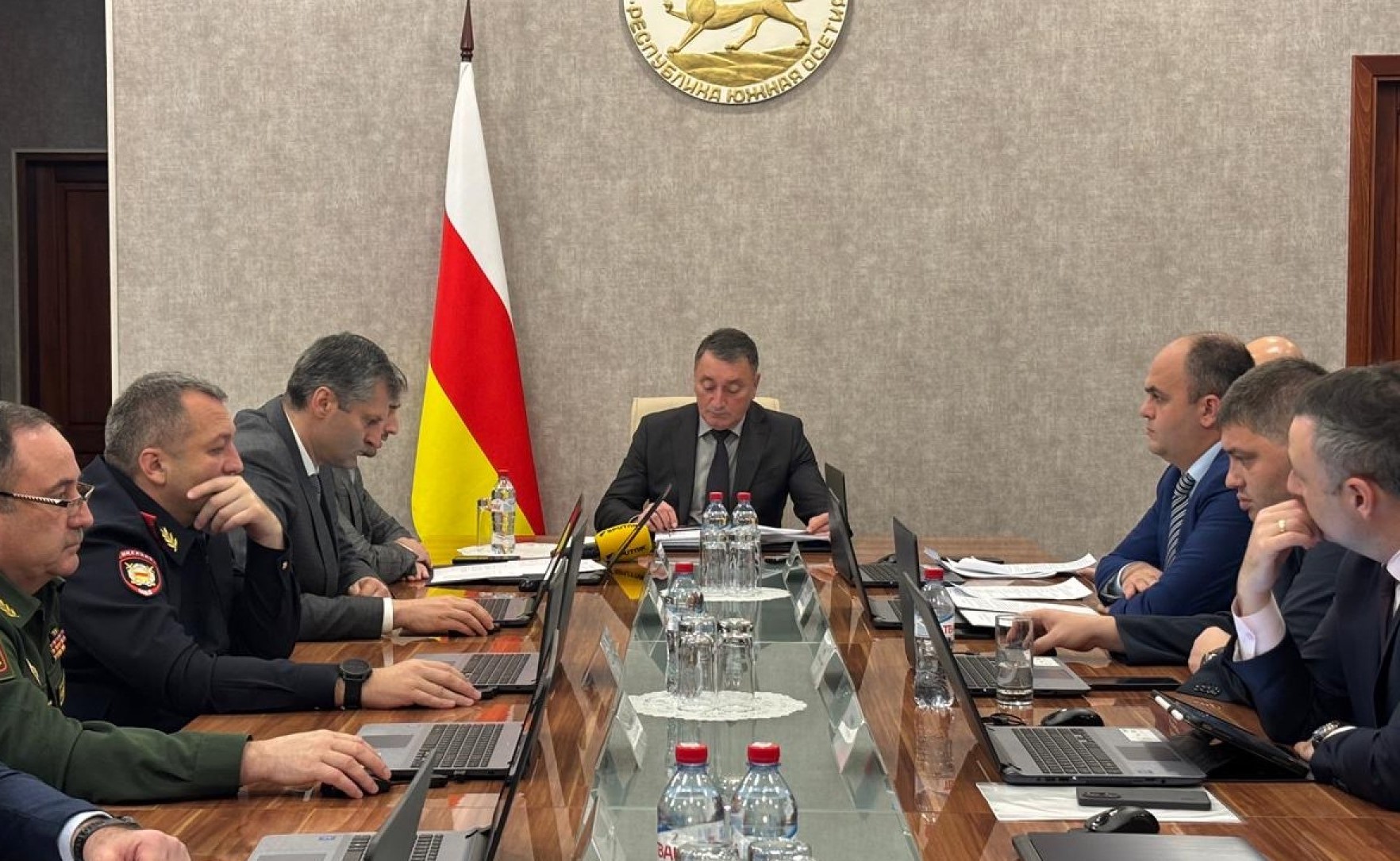Opinion: What awaits ex officials of former unrecognized Nagorno-Karabakh Republic in Baku prisons?
What will happen to ex-NKR officials
The Baku Military Court will hear the cases of former military and political leaders of the unrecognized Nagorno-Karabakh Republic currently held in Baku prisons, according to Azerbaijan‘s General Prosecutor’s Office. Former State Minister Ruben Vardanyan faces 45 charges, though the specifics remain undisclosed. Officials in Baku have cited “Azerbaijan’s national security” as the reason for withholding details. According to Vardanyan’s legal team, he could face life imprisonment.
Other detainees are reportedly charged with serious crimes, including organizing genocide, terrorist acts, and deporting civilians.
Armenian human rights advocates warn of severe violations of the rights of all former Nagorno-Karabakh leaders. They claim the detainees are denied legal representation, access to complete translations of the charges against them, and their right to a fair trial has been breached.
- What could push Baku to sign peace agreement with Armenia?
- Pashinyan’s response to Putin’Armenia has passed the point of no return’
- A year after Armenians’ exodus from Nagorno-Karabakh: Current situation and perspectives from Yerevan
Reports from Azerbaijan raise concerns among human rights activists
According to Azerbaijan’s APA news agency, the country’s Prosecutor General has already approved the indictments, and the cases have been forwarded to the Baku Military Court.
Eight former officials are facing charges: former presidents Arkadi Ghukasyan, Bako Sahakyan, and Arayik Harutyunyan; parliament speaker Davit Ishkhanyan; former state minister Ruben Vardanyan; former commander of the Defense Army Levon Mnatsakanyan; former deputy commander Davit Manukyan; and former foreign minister Davit Babayan. They were arrested following the two-day war in 2023 and the decree dissolving the former unrecognised Nagorno-Karabakh Republic (NKR). The detentions occurred as the Armenian population was leaving Nagorno-Karabakh.
After the Azerbaijani Prosecutor General’s statement, Armenian human rights advocates expressed concerns that Baku may have filed charges against other Armenians as well.
“Based on substantial grounds suggesting that many individuals suspected in connection with these investigative episodes, as well as witnesses, are located in the Republic of Armenia, the Prosecutor General’s Office of the Republic of Azerbaijan invites the relevant Armenian authorities to cooperate,” the statement reads.
Charges and evidence remain confidential
The new charges against former state minister Ruben Vardanyan reportedly involve violations of 20 different articles of Azerbaijan’s Criminal Code. However, the charges and evidence remain undisclosed. Previously, Azerbaijan accused Vardanyan of “financing terrorism, creating illegal armed groups, and illegally crossing the Azerbaijani border.”
Vardanyan’s lawyers issued a statement claiming the new charges are based on over 25,000 pages of materials, compiled into 100 volumes in the Azerbaijani language.
The defense team emphasized that the “so-called evidence is being concealed.” Both Vardanyan and his lawyer are allowed limited access to the materials, without proper translation or the ability to take notes:
“All of this is justified under ‘national security considerations.'”
Ruben Vardanyan’s family has called on the international community and democratic nations to “put an end to the violations” of his rights. They described the new charges as “an affront to justice.” The family’s statement also alleges that “the charges were brought by the Aliyev regime to justify a secret trial that cannot be independent or impartial.”
“Ruben Vardanyan – political prisoner”
Recently, Ruben Vardanyan’s American lawyer, international legal consultant Jared Genser, was interviewed by Radio Liberty’s Azerbaijani service. He stated that the Aliyev administration has consistently denied his requests to visit Baku and meet with his client. Genser also reported that he has received no evidence refuting claims that Vardanyan has been subjected to torture in prison.
According to Vardanyan’s family, in April, when he announced a hunger strike, he was placed in solitary confinement. There, he was deprived of water, sleep, and contact with the outside world, kept under constant lighting, and forced to stand for extended periods.
Azerbaijani authorities denied these accusations but have not allowed Genser to assess the situation firsthand. In June, Genser and Vardanyan’s family filed a complaint with the UN Committee Against Torture, demanding condemnation of the inhumane treatment.
Jared Genser argues that Vardanyan is a political prisoner, targeted for openly criticizing Aliyev and opposing his policies.
“Let me illustrate how absurd the charges against Mr. Vardanyan are. He is a co-founder of the Aurora humanitarian initiative, which awards individuals or organizations working to make the world a better place. It is laughable that his humanitarian work is being used as evidence against him. Yet, it is presented as proof that he financed illegal terrorist activities and armed groups in Nagorno-Karabakh,” Genser emphasized.
The Aurora Humanitarian Initiative, co-founded by Ruben Vardanyan in 2016, aims to address humanitarian challenges globally. Its flagship project is the Aurora Prize for Awakening Humanity, awarded to individuals whose courage and actions have had a significant positive impact on vulnerable communities.
To date, Aurora has supported 430 projects in 56 countries, reportedly positively affecting the lives of approximately 3.4 million people in dire need.
The initiative and prize are named “Aurora” in honor of Arshaluys Martikyan (later known as Aurora Mardiganian), a survivor of the Armenian Genocide. After her rescue and relocation to the United States, she authored Ravished Armenia, which was later adapted into a silent film of the same name by director Oscar Apfel, with Aurora portraying herself.
Expert commentary
Human rights advocate Siranush Sahakyan describes the charges against Ruben Vardanyan as a case of legal absurdity:
“All the crimes committed by Azerbaijan in Nagorno-Karabakh are now being attributed to Ruben Vardanyan. For instance, torture, enforced disappearances, planning aggressive war, incitement, and so on.”
Siranush Sahakyan, who represents Armenian detainees held in Azerbaijani prisons at the European Court of Human Rights (ECHR), also highlights the issue of these trials proceeding without international involvement:
“The right to defense has been violated. The atmosphere of Armenophobia and hatred towards Armenia constrains all participants in these judicial processes.”
Among the eight former officials being tried in Baku, only Vardanyan has a dedicated legal team. The others are represented by local public defenders, and according to Sahakyan, obtaining information about their cases is even more challenging:
“Information is limited. Of course, it is supplemented by proceedings at the ECHR. I believe we need to wait. In my view, the scope of charges will likely expand to include other officials as well.”










